Self Tests to Identify Halitosis
Halitosis, or bad breath, is common in everyone’s lives and it can difficult to treat. It is caused by the bacteria living inside the human mouth and thriving on remaining food particles. When consuming these nutrients they emit gases that we identify as bad breath. The problem with this affliction is that it is difficult to identify personally without the help of anyone else.
The problem with self-testing for a bad breath is that we can’t exactly smell our own breath. Due to the construction of our olfactory sense, with our nose basically being connected to the mouth, we tend to ignore this background smell that is present with us at all times. This makes it tricky for someone to realize that he or she has a bad breath without another individual smelling the odor. There are however a few tricks that would allow us to identify the smell of our breath and here’s how.
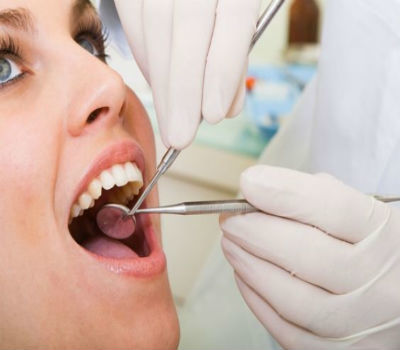 The first test is simple and anyone can perform it in a few seconds. Lick the back of your hand or your wrist and wait for the saliva to dry out. Once it’s dry, smell the area which you just licked to identify the quality of your breath. The problem with this test is that it actually shows how the tip of your tongue smells and it is not an accurate representation of your breath in general. The front section of the tongue can actually clean itself, therefore there is less bacteria to be found here than in rest of the mouth. For the next, more accurate test, you should take a spoon and scrape the back of the tongue with it. The smell of the saliva which you scrape will most likely be worse than that from the tip of the tongue as there will be far more bacteria. The color of this saliva can also be a clue as it has been shown that those with halitosis will have a yellow or even brown saliva at the back of the tongue.
The first test is simple and anyone can perform it in a few seconds. Lick the back of your hand or your wrist and wait for the saliva to dry out. Once it’s dry, smell the area which you just licked to identify the quality of your breath. The problem with this test is that it actually shows how the tip of your tongue smells and it is not an accurate representation of your breath in general. The front section of the tongue can actually clean itself, therefore there is less bacteria to be found here than in rest of the mouth. For the next, more accurate test, you should take a spoon and scrape the back of the tongue with it. The smell of the saliva which you scrape will most likely be worse than that from the tip of the tongue as there will be far more bacteria. The color of this saliva can also be a clue as it has been shown that those with halitosis will have a yellow or even brown saliva at the back of the tongue.
These simple tests are enough to prove whether you have a foul breath. If still not certain and if you are having doubts, the safest way of determining bad breath is by asking a second opinion. Ideally it would be to ask a dentist to analyze the odor as they are experts and this is part of their duty, but anyone else could do just as well. If your the odor of your breath is bad, it will be easily noticed by a second person that is not used to the smell as you are.
Conclusion
Self-testing can be done easily and determining the quality of your breath can take less than a minute. It is, however, advisable to seek professional help from a dentist as he can assess the damage far more accurately and offer advice or treatment on how to cure the root of the problem.

 Subscribe Now
Subscribe Now
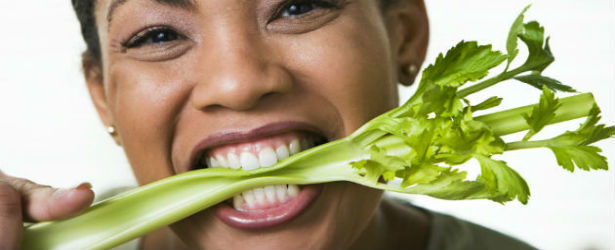

 buildup of toxins and waste products. These waste products can also cause bad breath. This is why you should chew on a piece of celery after meals or after smoking cigarettes. However, celery should not be used as a replacement for regular brushing and flossing. It should also not be used to treat other medical conditions that may cause bad breath such as a tooth abscess or gastrointestinal disorders. Also, you should wash celery first before you eat them raw.
buildup of toxins and waste products. These waste products can also cause bad breath. This is why you should chew on a piece of celery after meals or after smoking cigarettes. However, celery should not be used as a replacement for regular brushing and flossing. It should also not be used to treat other medical conditions that may cause bad breath such as a tooth abscess or gastrointestinal disorders. Also, you should wash celery first before you eat them raw.
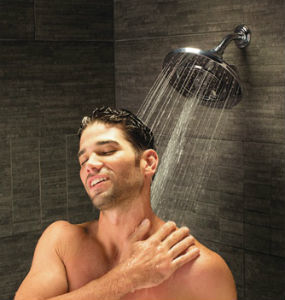 While body odor and sweat needs to be appropriately managed by absolutely everyone, it is even more difficult for an overweight person due to the areas that are not properly oxidized and kept constantly moist by the excessive sweating. The underarms as well as any other area where the skin folds together and encloses the specific part of the body are perfect for attracting bacteria. Hygiene and the use of appropriate products is crucial when it comes to reducing the excessive sweating and the amount of bacteria that forms in these areas.
While body odor and sweat needs to be appropriately managed by absolutely everyone, it is even more difficult for an overweight person due to the areas that are not properly oxidized and kept constantly moist by the excessive sweating. The underarms as well as any other area where the skin folds together and encloses the specific part of the body are perfect for attracting bacteria. Hygiene and the use of appropriate products is crucial when it comes to reducing the excessive sweating and the amount of bacteria that forms in these areas.

 The bad breath in the morning when waking up is probably most common form of this affliction. The reason this happens to all of us is because we lack saliva during the night as our body no longer focuses on producing it. Without this crucial element we have no way of trapping the gases which the bacteria are letting out, therefore the smell is far more potent and noticeable. Lack of hydration or breathing through the mouth when sick leads to the exact same problem, which is a lack of saliva. A dry mouth has no way of washing off some of the bacteria and the gas that comes from them is not halted by anything.
The bad breath in the morning when waking up is probably most common form of this affliction. The reason this happens to all of us is because we lack saliva during the night as our body no longer focuses on producing it. Without this crucial element we have no way of trapping the gases which the bacteria are letting out, therefore the smell is far more potent and noticeable. Lack of hydration or breathing through the mouth when sick leads to the exact same problem, which is a lack of saliva. A dry mouth has no way of washing off some of the bacteria and the gas that comes from them is not halted by anything.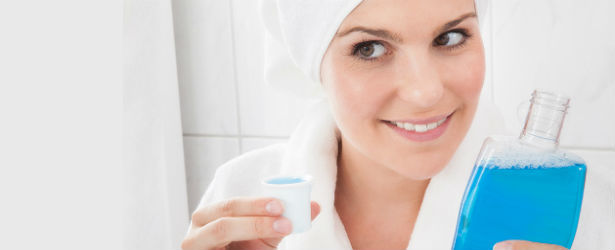
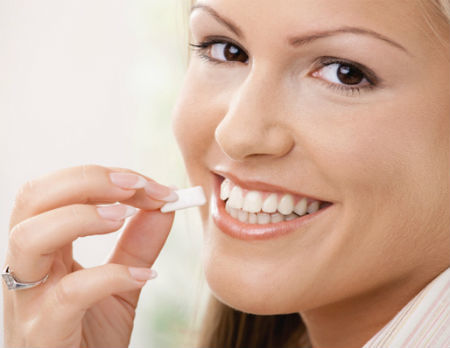 So what causes bad breath in general? Bad breath may be caused by bacteria that bind to the surface of the proteins in the mouth. These bacteria then convert these protein molecules into sulfur gas, an organic compound that smells like a rotten egg. These sulfur gases are responsible for your bad breath. Zinc can decrease the concentration of sulfur gases so that you are left with fresh breath.
So what causes bad breath in general? Bad breath may be caused by bacteria that bind to the surface of the proteins in the mouth. These bacteria then convert these protein molecules into sulfur gas, an organic compound that smells like a rotten egg. These sulfur gases are responsible for your bad breath. Zinc can decrease the concentration of sulfur gases so that you are left with fresh breath.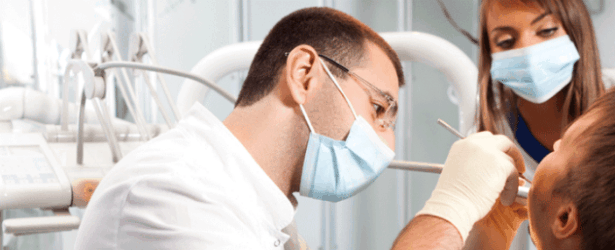

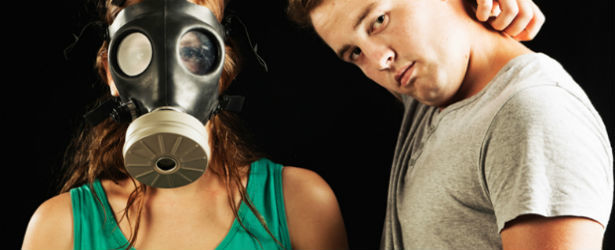
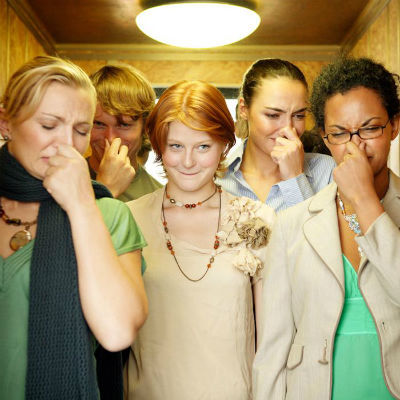 The individual
The individual 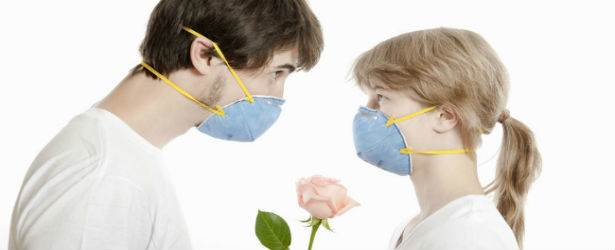
 Halitosis is the result of certain types of bacteria that emit foul smelling gases when consuming the nutrients found in food particles that remain in the person’s oral cavity. Diet and poor hygiene are the main reasons the bacteria multiplies out of control and certain foods and drinks will increase the severity of the smell.
Halitosis is the result of certain types of bacteria that emit foul smelling gases when consuming the nutrients found in food particles that remain in the person’s oral cavity. Diet and poor hygiene are the main reasons the bacteria multiplies out of control and certain foods and drinks will increase the severity of the smell.
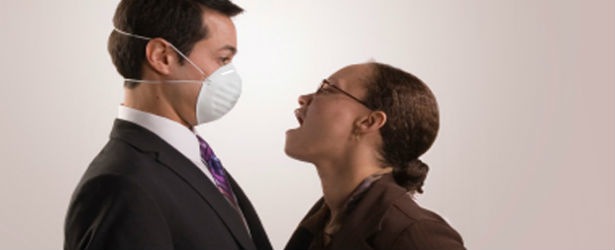
 The day starts with bad morning breath for everyone. This is the most common type of bad breath that is caused due to a lack of saliva in the mouth. The production of saliva is significantly reduced or even halted during the night. This leads to bacteria releasing the bad smelling gases without being stopped by anything as the saliva’s role is also to trap these noxious emissions coming from the bacteria. The exact same problem is encountered when not properly hydrated by drinking plenty of water on a regular basis. Anything that reduces the production of saliva will lead to a sour breath that is unpleasant.
The day starts with bad morning breath for everyone. This is the most common type of bad breath that is caused due to a lack of saliva in the mouth. The production of saliva is significantly reduced or even halted during the night. This leads to bacteria releasing the bad smelling gases without being stopped by anything as the saliva’s role is also to trap these noxious emissions coming from the bacteria. The exact same problem is encountered when not properly hydrated by drinking plenty of water on a regular basis. Anything that reduces the production of saliva will lead to a sour breath that is unpleasant.
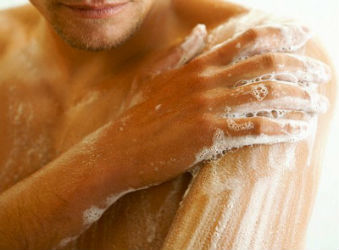 The body releases sweat in order to keep the body hydrated and at a optimal temperature levels. This process that is crucial to our health and normal functioning will cause a reaction with the bacteria which inhabits the surface of the skin, thus leading to body odor. There are ways of preventing the unpleasant smell from being noticed, such as taking regular showers and using a soap with anti-bacterial properties or using deodorants or other anti-perspiration products that will either reduce the amount of sweating or remove the bacteria that will cause the odor. In some cases, however, this is not enough as people with unbalanced diets can experienced a stronger odor or increased sweating that cannot be easily controlled. In such an event it has been scientifically proven that taking in more zinc from either dietary supplements or certain types of food can counteract and reduce the severity of the odor.
The body releases sweat in order to keep the body hydrated and at a optimal temperature levels. This process that is crucial to our health and normal functioning will cause a reaction with the bacteria which inhabits the surface of the skin, thus leading to body odor. There are ways of preventing the unpleasant smell from being noticed, such as taking regular showers and using a soap with anti-bacterial properties or using deodorants or other anti-perspiration products that will either reduce the amount of sweating or remove the bacteria that will cause the odor. In some cases, however, this is not enough as people with unbalanced diets can experienced a stronger odor or increased sweating that cannot be easily controlled. In such an event it has been scientifically proven that taking in more zinc from either dietary supplements or certain types of food can counteract and reduce the severity of the odor.